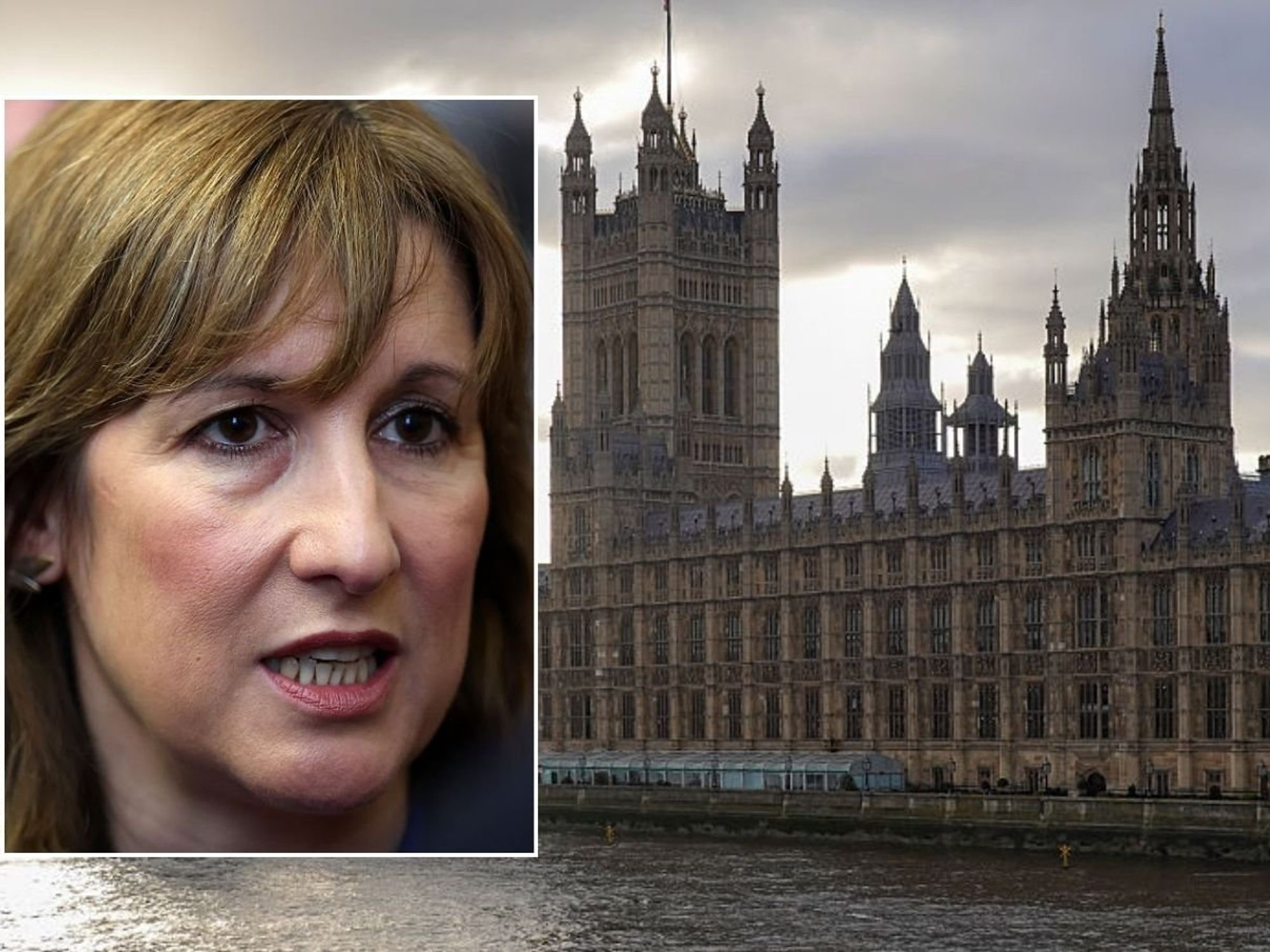Banks missing chances to ‘break spell’ of £100million romance scams

Watchdog says banks must act faster to stop scammers exploiting vulnerable victims
Don't Miss
Most Read
Too many banks are failing to to shield customers from romantic deception, the Financial Conduct Authority (FCA) has revealed.
The City watchdog found that while numerous banks demonstrate considerable efforts to safeguard individuals vulnerable to romantic deception - critical opportunities for intervention are being overlooked.
Romance fraud is one of the fastest-growing forms of financial crime, with reported cases climbing nine per cent last year.
Victims are manipulated into transferring money to criminals who fabricate romantic relationships or friendships to gain their trust.
Steve Smart, executive director of enforcement and market oversight at the FCA, said: "Romance fraud is a vicious crime. All too often it is the vulnerable that fall victim. The impact financially and personally can be devastating."
The authority's comprehensive assessment uncovered both exemplary practices and concerning shortcomings across the sector.
TRENDING
Stories
Videos
Your Say
City of London Police data revealed losses exceeding £106million during the 2024/25 financial year to victims.
This has equated to individual victims suffering an average loss of £11,222.
The FCA's investigation determined that 85 per cent of examined incidents originated through digital channels - predominantly social networking sites and online dating services.
Financial losses in verified cases ranged from £100 to £428,249.
The regulator emphasised that digital platforms bear significant responsibility for fraud prevention and harm reduction.

The Financial Conduct Authority (FCA) has revealed that numerous banks are falling short in protecting customers from romance scams
|GETTY
LATEST DEVELOPMENTS
Criminals exploit these online environments to establish fictitious romantic connections, manipulating victims into transferring funds under false pretences.
The watchdog's analysis exposed substantial deficiencies in how financial institutions handle potential romance fraud cases.
Staff across different firms receive inconsistent preparation for identifying warning signs, with the FCA noting this variability as a primary concern.
Detection and monitoring mechanisms require significant enhancement, according to the regulatory findings.

Santander has a dedicated 'break the spell' team, specialising in fraud prevention
| GETTYNearly half of reviewed cases involved victims concealing their true payment purposes when questioned, highlighting the need for more sophisticated screening approaches.
Twenty-five per cent of those affected were pressured into securing money through various channels, including personal loans, borrowing from relatives or selling their possessions.
The regulator documented instances where individuals entered financially precarious situations, with one victim requiring an individual voluntary arrangement following their losses.
Michelle Pilsworth, head of fraud and complaints at Santander UK, said: "At Santander, we have a dedicated 'break the spell' team, a specialist fraud prevention unit that works with customers who are being manipulated by scammers, particularly in cases of romance scams."
The financial sector has acknowledged the FCA's conclusions while highlighting broader accountability issues.
A UK Finance spokesperson confirmed that institutions would examine the regulator's recommendations and implement necessary enhancements to strengthen customer protection.
Industry leaders stressed that online platforms must assume greater accountability for fraud originating on their services.

Romance scams are rife amongst customers
|GETTY
Liz Ziegler, fraud prevention director at Lloyds Banking Group, warned: "Never in any circumstances, send money to someone you've met online. No good relationship starts off in this way."
Pat Hurley, ombudsman director at the Financial Ombudsman Service (FOS), emphasised: "It's important that people understand that there is no shame in falling victim to a romance scam.
"People don't need to feel embarrassed, there is help available."
Consumer advocates welcomed the regulatory guidance while urging swift enforcement action against non-compliant firms.
More From GB News











